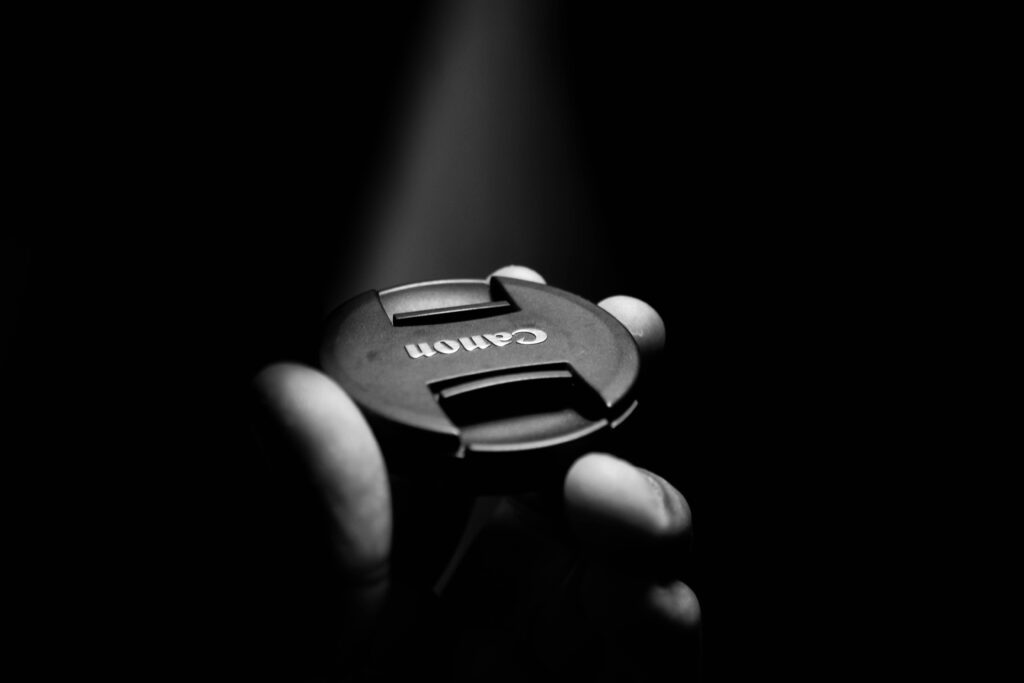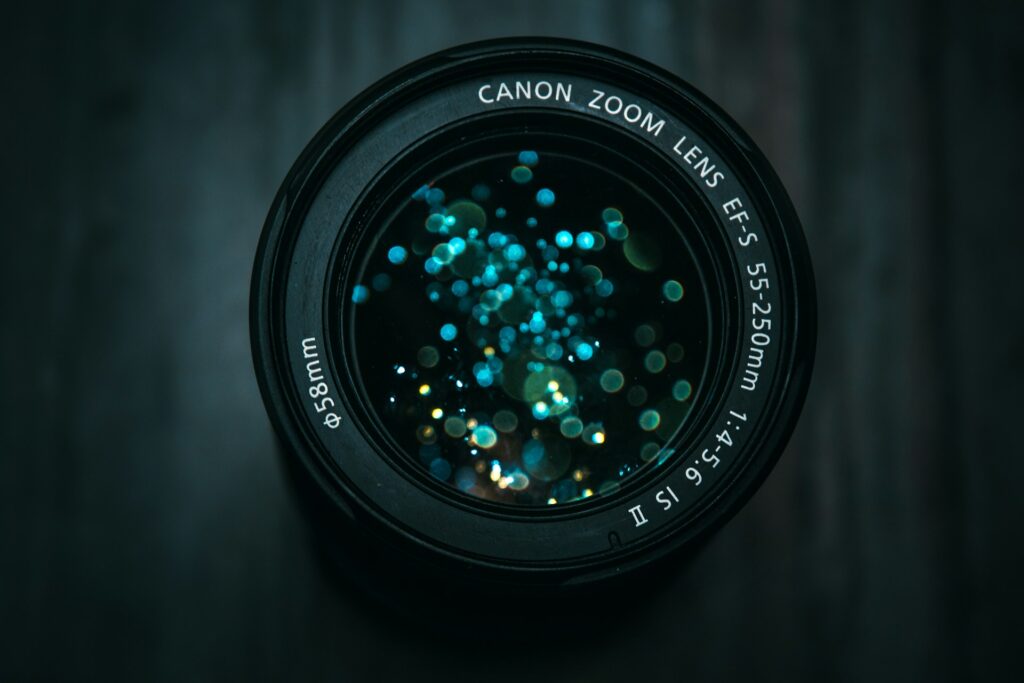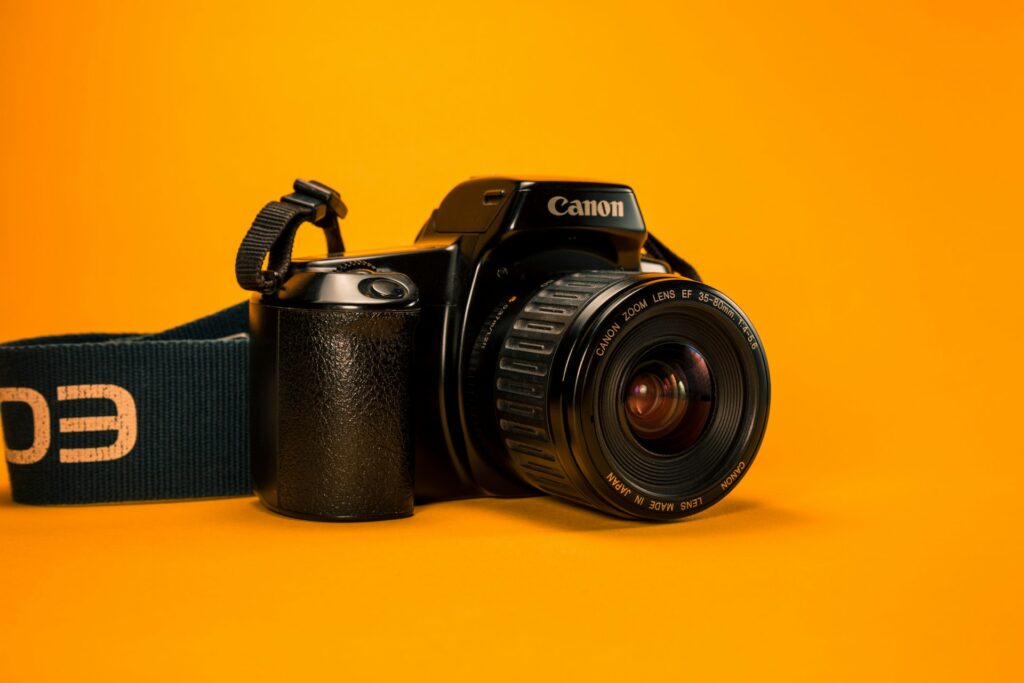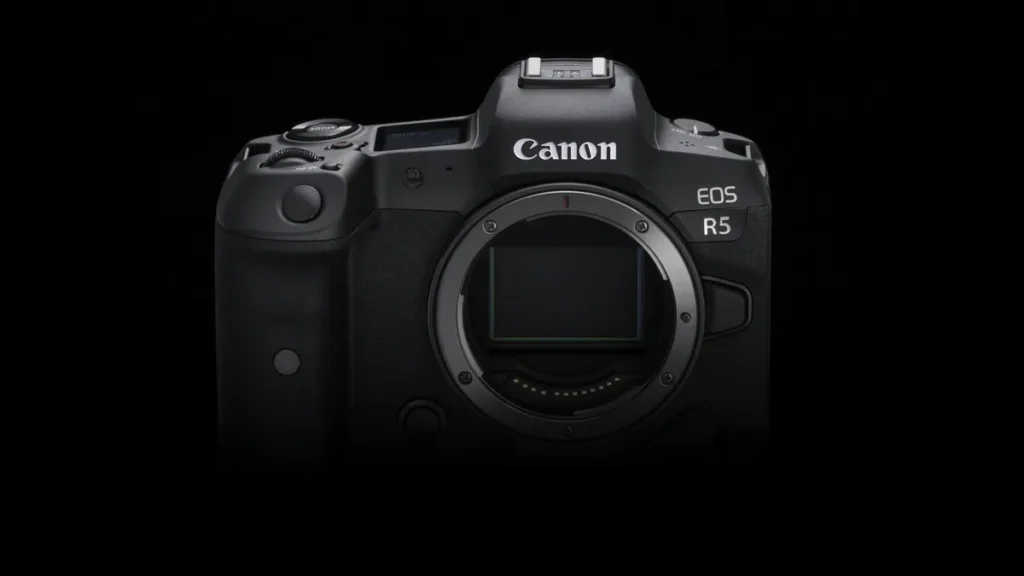The latest report from Canon Rumors suggests that Canon is preparing to unveil the EOS R5 Mark II, with official announcements expected by the end of May 2024. Specifically, the Mark II is set to introduce AI autofocus capabilities for the first time.
Just over two weeks ago, Canon Rumors indicated that Canon was poised to “announce” the EOS R5 Mark II toward the end of April or early May, with plans to make the new products available to photographers at Euro 2024 in June and the Summer Olympics in July. This decision aligns with Canon’s marketing strategy, leveraging major sporting events like the Summer Olympics to showcase its product lineup.

Image via unsplash/Rishabh Sharma
As one of the company’s flagship offerings, speculation about the latest trends in the 5 Series has been rampant. A recent report suggested that the EOS R5 Mark II would feature a 60MP sensor with various resolutions. However, Canon Rumors disclosed on February 21, 2024, that the Mark II would retain the same 45MP resolution.
Among the anticipated updates, the enhancement of AI features stands out as a highlight of the EOS R5 Mark II. “What AI features are we eager to see? How about the ability for autofocus to track a specific face or person, regardless of other activity in the frame?” In its latest report, instead of delving into specifics about the new AI autofocus features, Canon Rumors poses open-ended questions.

Image via unsplash/Dollar Gill
AI-powered cameras are reshaping the landscape of professional photography, offering advanced technical support for capturing high-quality images with greater ease. The Canon EOS R5 mirrorless camera, already on the market, boasts an AI-driven autofocus system with up to 1053 autofocus points, ensuring precise subject tracking and detection even in low-light conditions.
According to Canon’s official statement, the EOS R5 leverages AI-based face and eye detection to accurately focus on a subject’s eyes or face, along with an AI-based body detection feature for tracking and identifying subjects based on their body characteristics and movements.
Beyond the mentioned AI features, numerous others come into play during actual shooting scenarios. For instance, the Fujifilm X-T4 incorporates AI-based color and tonal adjustments to optimize color and contrast settings based on the scene and subject. Similarly, the Olympus OM-D E-M1 Mark III features AI-based image stabilization, compensating for camera shake in any direction to produce sharper images.

Image via unsplash/Paul Gaudriault
While Artificial Intelligence presents Canon with opportunities, it also brings challenges, particularly concerning the proliferation of fake images. As reported by Nikkei Asia, Canon, Nikon, and Sony are tackling the issue by embedding digital signatures in images to combat deep fake AI manipulation. Given the report’s suggestion that Canon will introduce a camera with similar features as early as 2024, it’s reasonable to anticipate the Mark II incorporating technology for digitally signing captured photos.



